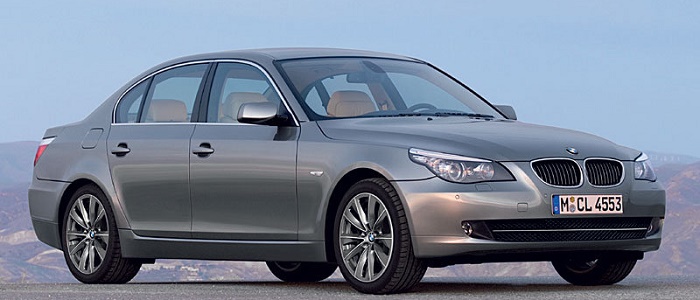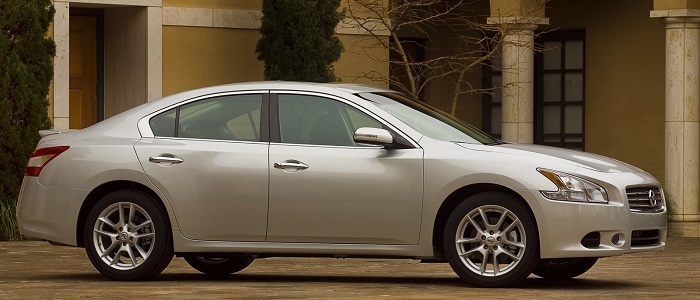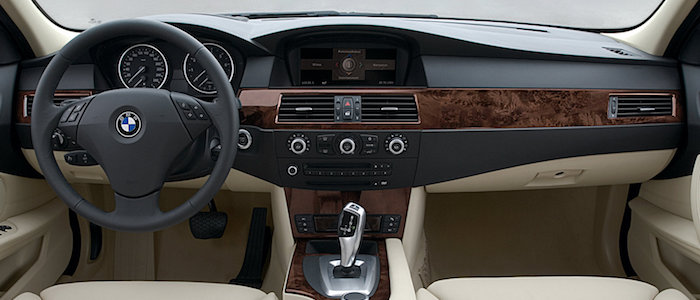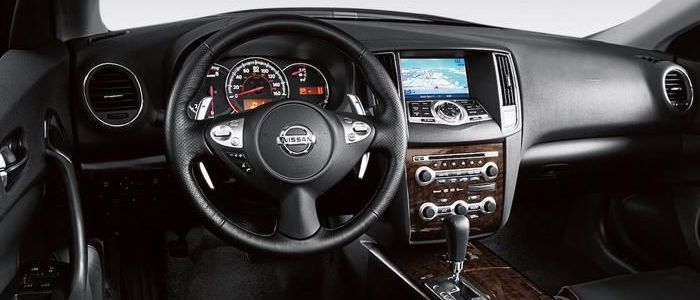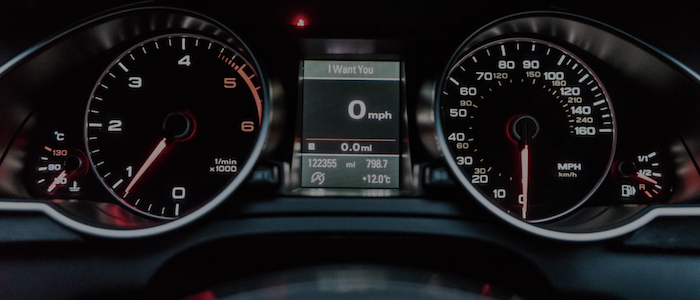Compare two cars
Compare any two cars and get our Virtual Adviser™ opinion
Dimensons & Outlines
Check a car with 30% off a report
Engine
Performance (manual gearbox)
Performance (automatic gearbox)
Expenses
Virtual Adviser's™ opinion
Two significantly similar cars, no doubt about that. Still, each one has something different to offer. Having both cars powered by petrol engines and utilizing the 4-door sedan body style within the same 'Luxury car' segment, the only major difference here really is their wheel drive configuration (rear for the BMW and front in the case of the Nissan). The first one has a BMW-engineered powertrain under the hood, a 10-cylinder, 40-valves 507hp unit, while the other one gets its power and torque from a 6-cylinder, 24-valves 290hp engine designed by Nissan.
SafetyThe fact that the BMW got tested by the European New Car Assessment Programme (Euro NCAP), while the other contender didn't, offers a slight advantage, as the 4-star rating is better than none. Moving further on, let's take a closer look at some additional safety-related facts. Both vehicles belong to the luxury car segment, which is generally a very good thing safety-wise, but that fact doesn't break the tie between the two cars.
ReliabilityReliability is not the best thing to consider on the make level, but it is worth mentioning that Nissan as a brand displays somewhat better results, all the models observed together. That's the official data, while our visitors describe reliability of BMW with an average rating of 4.1, and models under the Nissan badge with 4.3 out of 5. Unfortunatelly, I don't have enough insight that would allow me to comment in more details on the specific models level. We should definitely mention that owners of cars with the same powertrain as the German car rank it on average as 1.0, while the one under the competitor's bonnet gets 3.0 out of 5.
Performance & Fuel economyBMW is undoubtly more agile, reaching 100km/h in 1.1 seconds less than its competitor. In addition to that it accelerates all the way to 250 kilometers per hour, 250km/h more than the other car. When it comes to fuel economy an obvious choice would be the Japanese car, averaging around 10.7 liters of fuel per 100 kilometers (26 mpg), in combined cycle. That's 38% difference compared to the German car!
Verdict
Nissan is apparently more reliable, not too much, but just enough. The most important thing when deciding between any two vehicles should always be safety, both passive and active. In my opinion, everything taken into account, the German car beats the other contender by far, making it the best choice without even considering other things. It all continues in the same direction, with BMW outracing its opponent in any situation possible, making it better choice for boy racers. It does come at a cost though, and that's the fuel consumption... It's really tough to make a final decision here, but if I'd need to, I'd say BMW. In any case that's my personal view, built upon all the data available to me. What should decide here though is the way you feel about the two vehicles, and I hope you'll find my guidelines useful in the process. I suggest you spend two more minutes in order to find out which car, based on your needs and budget, would be picked by the virtual adviser™, among thousands of similar, yet so different vehicles.
Related articles
Mileage fraud is one of the most common scams within the used car market. It illegally inflates the price of a used vehicle and ruins the car ownership experience. As a recent carVertical study revealed, the buyers of premium German cars are at the greatest risk...























